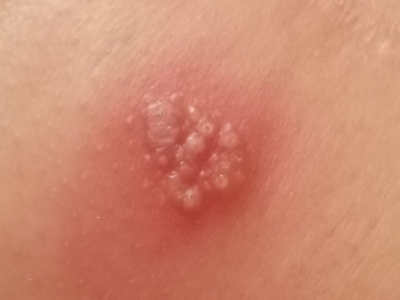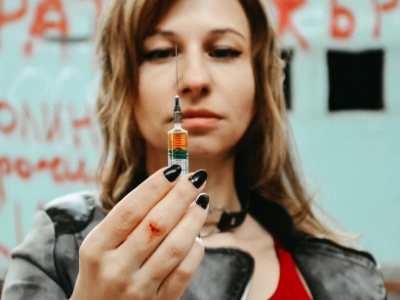Sexually Transmitted Disease (STD)

Sexually Transmitted Disease (STD) is an infection that is commonly acquired by sexual contact. Most are fairly common and effective treatment is available, especially in the early.
Some STDs are benign, but others may lead to severe complications without treatment. This infection may affect anyone, regardless of the individual’s sexual orientation or hygiene standards. Lots of STDs can spread through non-penetrative sexual activity.
What Are The Symptoms Of Sexually Transmitted Disease (STD)?

STDs have a range of symptoms, including no symptoms at all. That’s why they may go unnoticed until complications occur or a partner is diagnosed.
Symptoms that may indicate STD may include:
- Pain during sex
- Unusual vaginal bleeding
- Unusual or odorous vaginal discharge
- Discharge from the penis
- Painful or burning urination
- Core or bumps on the genitals or in the oral or rectal area
- A rash over the trunk, hands, or feet
- Fever
- Lower abdominal pain
- Sore, swollen lymph nodes
These symptoms may appear a few days after being exposed to the infection. However, it might take years before you have any noticeable complications.
What Causes Sexually Transmitted Disease (STD)?
Infections, including STDs, can take many forms. STDs caused by bacteria include chlamydia, gonorrhea, and syphilis. STDs caused by viruses include HIV, genital herpes, genital warts (HPV), and hepatitis B. Trichomoniasis is caused by parasites.
STD-causing germs can be found in semen, blood, vaginal secretions, and sometimes saliva. Vaginal, anal, or oral sex is the most common way for these organisms to spread, but some, such as those that cause genital herpes and genital warts, may spread through skin contact. Hepatitis B can be contracted by sharing personal items, such as toothbrushes or razors, with someone who has it.

Who Are At Risk Of Sexually Transmitted Disease (STD)?
Anyone who is sexually active risks some degree of exposure to an STD. factors that may increase the risk may include:
- Needle sharing
- Being forced to engage in sexual activity
- Having a history of STD
- Having sexual contact with multiple partners
- Having unprotected sex
How to Diagnose Sexually Transmitted Disease (STD)?
If your sexual history and current symptoms suggest that you have STD, your doctor will do a physical or pelvic exam to look for signs of infection.
Laboratory tests may identify the cause and detect coinfections you may also have. Tests may include:
- Blood tests
- Urine samples
- Fluid samples
Treatment and Medication for Sexually Transmitted Disease (STD)
STDs caused by bacteria are commonly easier to treat. Viral infections can be managed but are not always cured. Treatment for STD usually consists of the following depending on the infection:
1. Antibiotics
2. Antiviral Drug
If you’ve had this infection, ask your doctor how long after treatment you need to be retested. Getting retested will make sure that the treatment worked and that you haven’t been reinfected.



